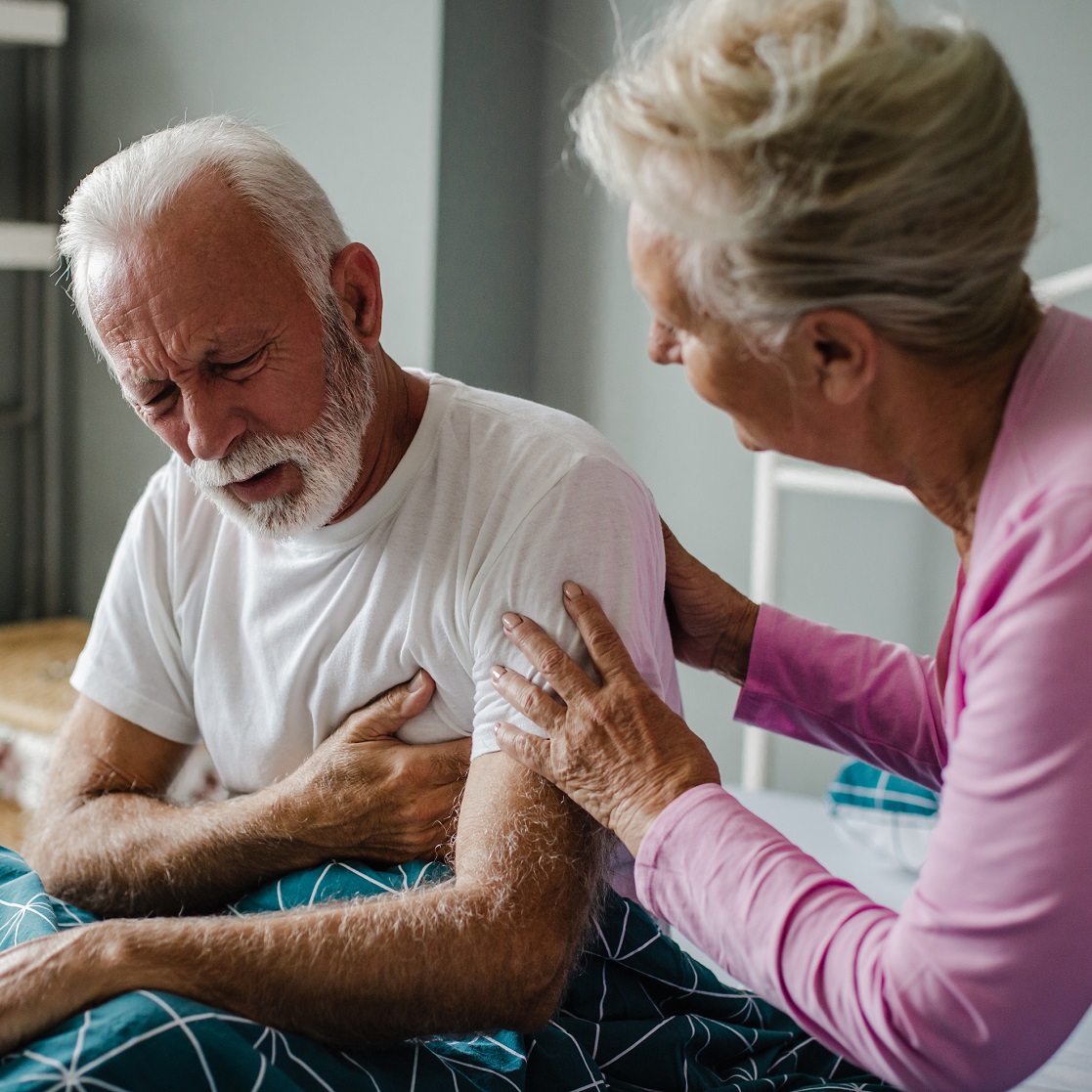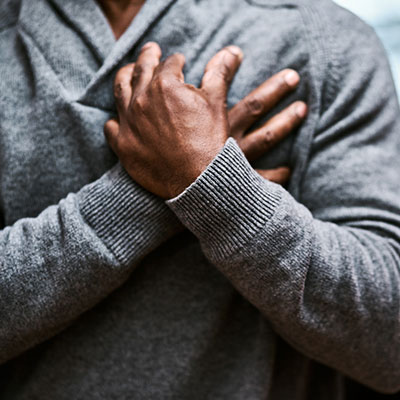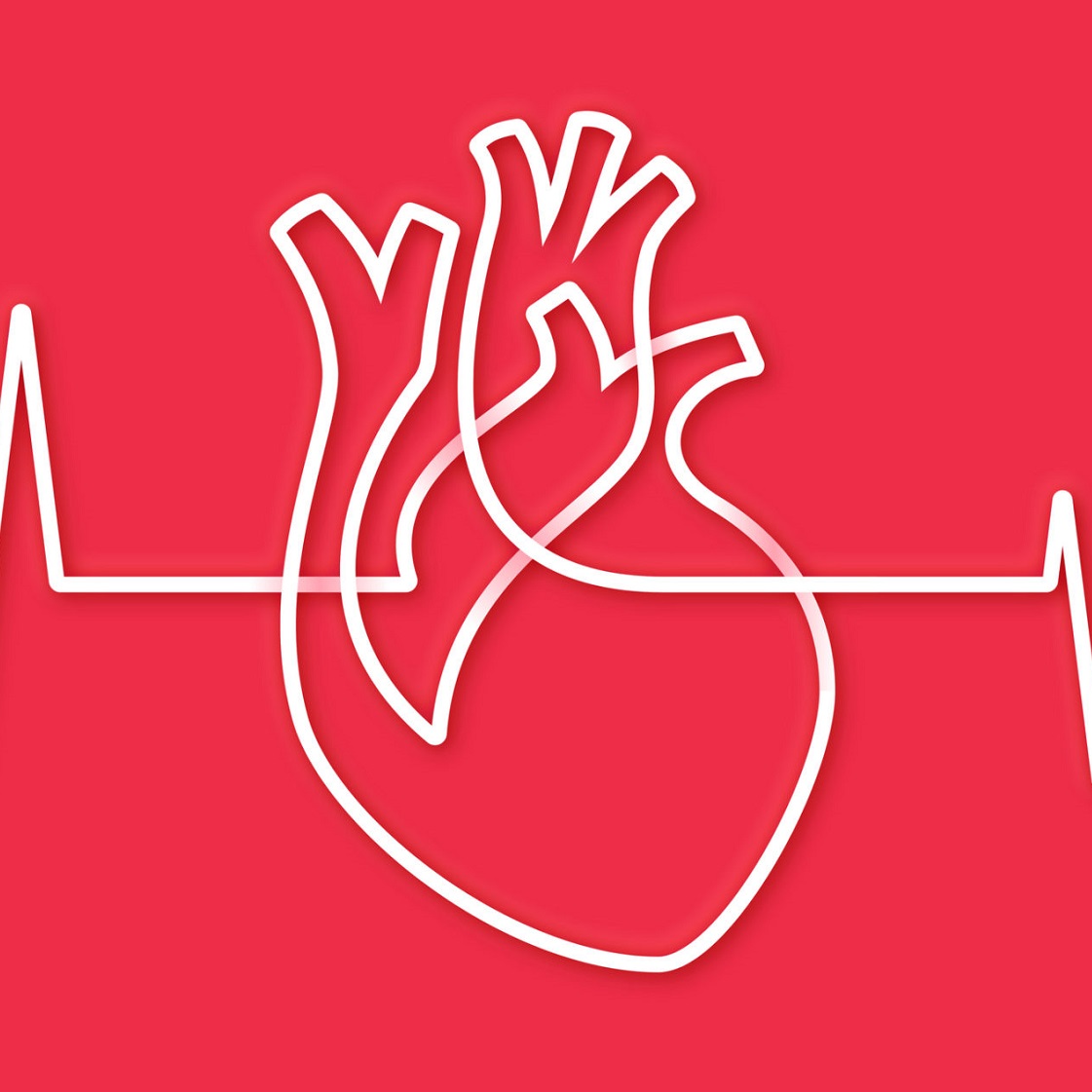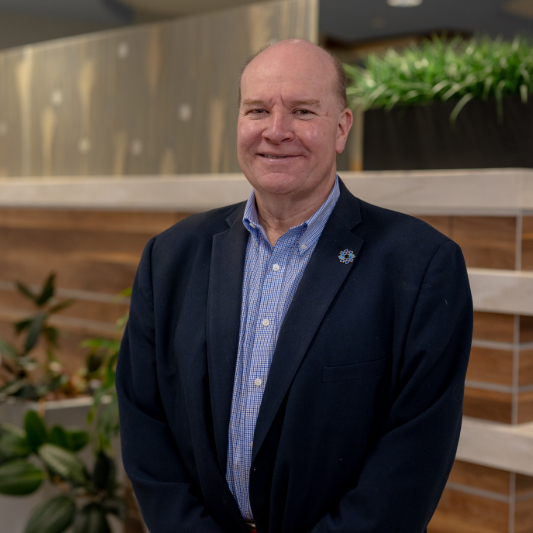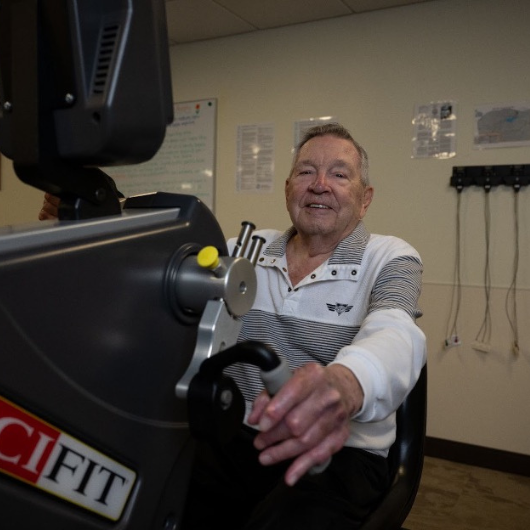Being at the Right Place at the Right Time Saves Holmdel Man from Cardiac Arrest
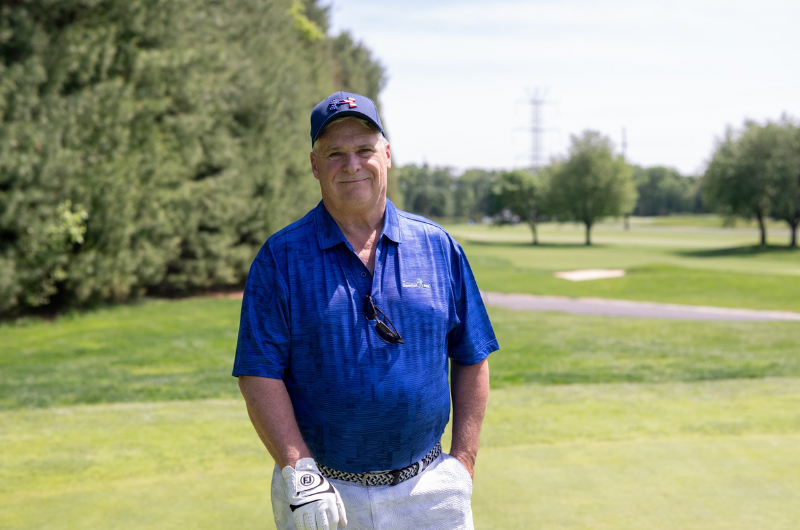
July 09, 2025
On a cold January morning, Holmdel resident Jimmy Colby, 68, woke up groggy. Just a day earlier, he had tested positive for COVID-19, so he blamed his tiredness on the virus. He felt well enough to take the Christmas lights down from his roof. But as he came down the ladder, a sudden wave of exhaustion hit him. Jimmy felt out of breath. Moments later, his sister-in-law, Nancy, arrived and noticed something was off.
"I was so winded that I was leaning on a garbage can," Jimmy says.
Nancy asked him what was wrong.
“Is this what COVID makes you feel like?" he asked.
When exhaustion and shortness of breath continued, Jimmy let Nancy drive him to the hospital. He thought he might just need some medication. Halfway to the hospital, Jimmy’s behavior changed.
“I can’t remember anything after that point,” says Jimmy, who’s semi-retired from his career in plumbing design for commercial buildings. “I was awake, but my sister-in-law said I was talking nonsense."
When they got to the hospital, Jimmy walked into the emergency room and handed over his Medicare card. Then he collapsed.
A Race Against Time
Nathan Denicoff, M.D., the emergency room physician at Bayshore Medical Center, was among the first to respond.
“The nurses said someone had collapsed in the waiting room,” Dr. Denicoff says. “I walked out and saw them wheeling Jimmy in on a stretcher while one of the nurses was on top of him performing CPR.”
Jimmy had suffered a ventricular fibrillation cardiac arrest. This dangerous condition can occur during a heart attack. Without immediate care, brain death can occur within minutes. Thankfully, since Jimmy was already in the hospital, the emergency team could act immediately.
“We connected him to the cardiac monitor and defibrillator while doing CPR,” Dr. Denicoff says. “When we paused CPR, we saw that he was in ventricular fibrillation, which is a shockable rhythm. We gave him a shock and were able to get his heart back.”
But Jimmy was still unstable. An EKG, which shows electrical activity in the heart, revealed Jimmy had a ST-Elevation Myocardial Infarction (STEMI)—one of the most severe types of heart attack.
“That’s when I called the cardiologist, and we took him to the cardiac catheterization lab right away," Dr. Denicoff says.
Life-Saving Intervention
In the cardiac catheterization lab, Shaddy Younan, M.D., an interventional cardiologist, was waiting for Jimmy.
“He had a full cardiac arrest due to blocked arteries,” Dr. Younan says.
Jimmy received multiple stents to reopen three of his arteries. Though the procedure was a success, he remained unconscious for two days in the intensive care unit. When he finally woke up, he had no idea where he was.
A nurse walked in and greeted him.
“Where the hell am I?” Jimmy remembers saying. “I had no idea what had happened. Then Dr. Younan told me I had a massive heart attack.”
While the news shocked Jimmy, it was not a complete surprise. Heart disease runs in his family.
“My father died of a heart attack at 57,” he explains. “My brother, two years older than me, has had two strokes, a heart attack and a triple bypass. It was inevitable.”
But Jimmy was in the right place at the right time. According to the American Heart Association, the survival rate for out-of-hospital cardiac arrests is only about 10 percent. In-hospital cardiac arrests have a survival rate between 40 percent and 50 percent.
“If this had happened at home, the odds would not have been in his favor,” Dr. Younan says.
Staying Strong
Following his surgery, Jimmy returned for a fourth stent placement due to a severe blockage in his widowmaker artery. The artery is nicknamed because if it gets completely blocked, it can cause a deadly heart attack. After a week in the hospital, Jimmy went home.
“I felt so much better,” Jimmy says. “The COVID was gone, my energy level went way up. Honestly, I feel like nothing even happened.”
Jimmy began exercising more and made healthy changes to his diet. But he still indulges from time to time.
“One of Dr. Younan’s associates told me, ‘You can still have a hot dog every now and then, just not three.’ That stuck with me,” he says.
A devoted husband to his wife, Catherine, and a dedicated father to his daughter, Jimmy refuses to live in fear. “My heart is strong,” he says.
Next Steps & Resources
- Meet our sources: Nathan Denicoff, M.D., and Shaddy Younan, M.D.
- Make an appointment with a cardiologist near you or call 800-822-8905.
- Learn more about heart care at Hackensack Meridian Health.
The material provided through HealthU is intended to be used as general information only and should not replace the advice of your physician. Always consult your physician for individual care.

